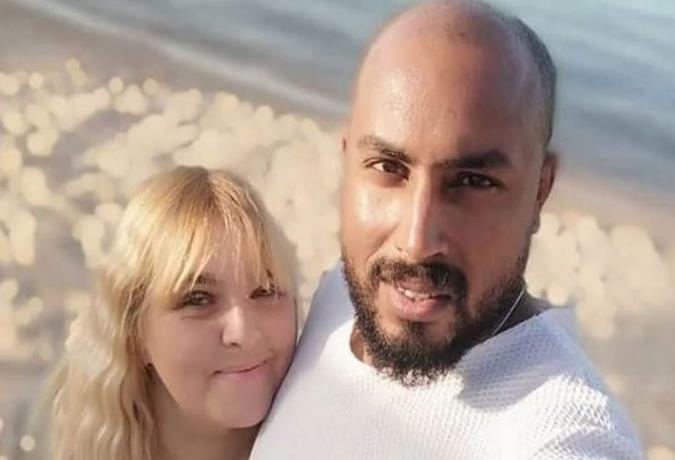Vesna Đogani openly talks about her difficult childhood, poverty, and her relationship with her mother who was unable to provide adequate care. Due to poor living conditions, social services took Vesna to a foster family where she found warmth and security. Later, she returned to her mother but in harsh conditions. For years, she felt resentment towards her mother, but today they have a good, albeit unusual relationship. Vesna recalls school difficulties and the support she received from teachers and godparents. The story is emotional and highlights the challenges of growing up in difficult circumstances and the complex relationship with parents.
Political Perspectives:
Left: Left-leaning outlets emphasize the social issues highlighted by Vesna’s story, such as poverty, the role of social services, and the challenges faced by children in difficult family situations. They focus on systemic problems and the need for better social support.
Center: Center-leaning sources present Vesna’s story as a personal and emotional narrative, focusing on her resilience and the complexity of family relationships without heavy political framing. They highlight human interest and personal growth.
Right: Right-leaning media may focus on personal responsibility and family values, sometimes emphasizing the importance of traditional family structures and the consequences of parental neglect. They might also highlight the role of extended family and community support.









